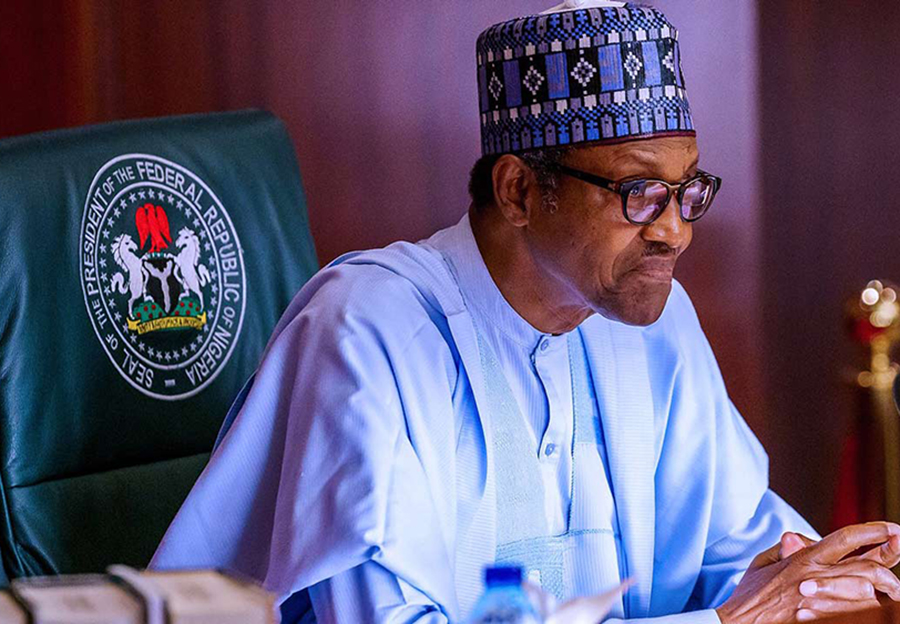The President of Nigeria has disclosed that the National Social Investment Programmes (NSIP) will be funded with N420 billion in 2021, while the National Social Housing Programme (NISH) will be funded with N20 billion from the 2021 budget.
This was disclosed by President Muhammadu Buhari at a joint session of the National Assembly during the presentation of the 2021 Appropriation Bill on Thursday.
READ: National Assembly approves Federal Government’s plan to borrow $11 billion in 2021
The president explained that this is in line with the furtherance of the inclusiveness agenda of the present administration, as it will help to provide necessary buffers and shield to millions of Nigerians who are exposed to the widespread economic vulnerabilities.
“In furtherance of our inclusiveness agenda, the sum of N420 billion has been provided to sustain the Social Investment Programmes, while N20 billion has also been set aside for the family homes and our Social Housing Programme,” said Buhari
(READ MORE:National Assembly ready to pass 2021 Budget before end of 2020 – Senate President)
President Buhari states that N420 Billion has been earmarked for the Social Investment Programmes, while 20 Billion has been earmarked for the Social Housing Programmes. #FGNBudget2021
— Buhari Media Organization (@BuhariMediaORG) October 8, 2020
Explore Data on the Nairametrics Research Website
President Buhari emphasized that the FG has expanded the National Social Register to include an additional 1 million Nigerians following the onset of coronavirus.
While speaking on fiscal disbursements by the government to combat the economic impact of the pandemic on Nigerians, the President said the government has introduced N75 billion Survival Fund Programme to support and protect businesses from potential vulnerabilities.
READ: Thrive Agric drama: What it means for Nigerian investment startups
It is imperative to note that the disbursement to the National Social Investment Programmes in 2021, will be used to empower Nigerians, and also tackle poverty and hunger among Nigerians. This will be done through;
- N-power programme, which was designed to assist young Nigerians to develop life-long skills for becoming change-makers, with a stipend of N30,000 monthly.
- Conditional Cash Transfer (CCT) programme, designed to directly support those within the lowest poverty bracket through cash benefits to various categories of the poor and vulnerable.
(READ MORE:FG guarantees mortgage loan to low income buyers at low interest rate)
Government Enterprise and Empowerment Programme (GEEP), is a micro-lending intervention that targets traders, artisans, farmers, and women in particular, by providing loans between 10,000 and 100,000 at no monthly cost.
Home Grown School Feeding Programme (HGSF), is aimed to deliver school meals to young children with a specific focus on increasing school enrollment, reducing the incidence of malnutrition, empowering community women as cooks, and by supporting small farmers that help stimulate economic growth.
READ: Full texts of President Muhammadu Buhari’s 2021 Budget speech


















So the batch a and b npower beneficiaries will just be layed off like that? This is not fair.